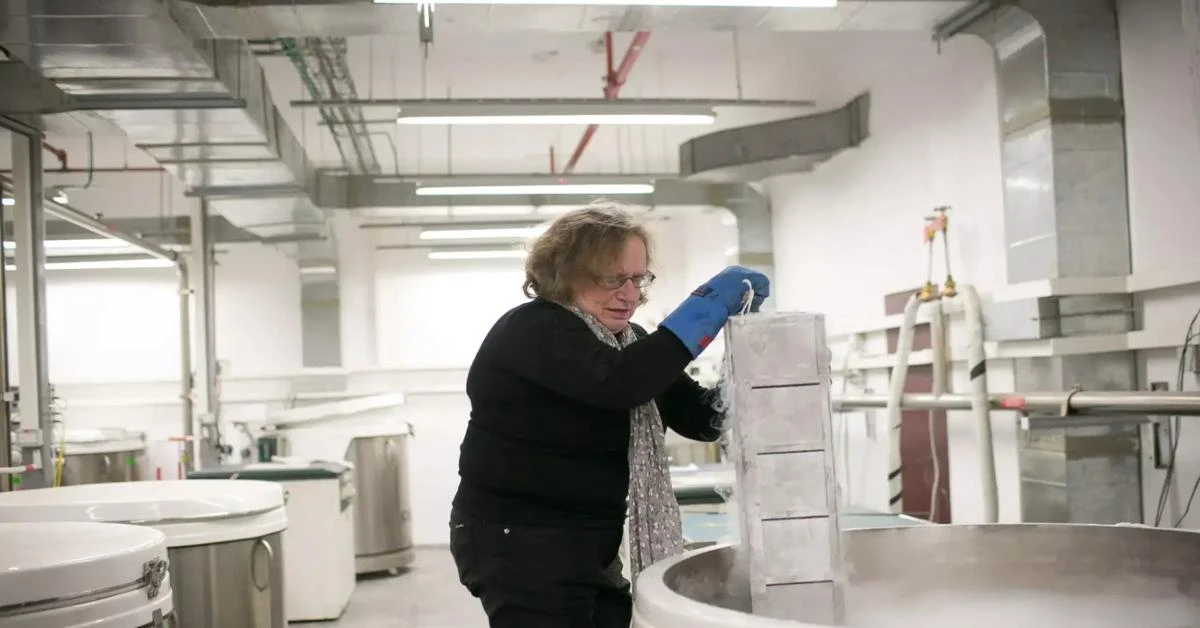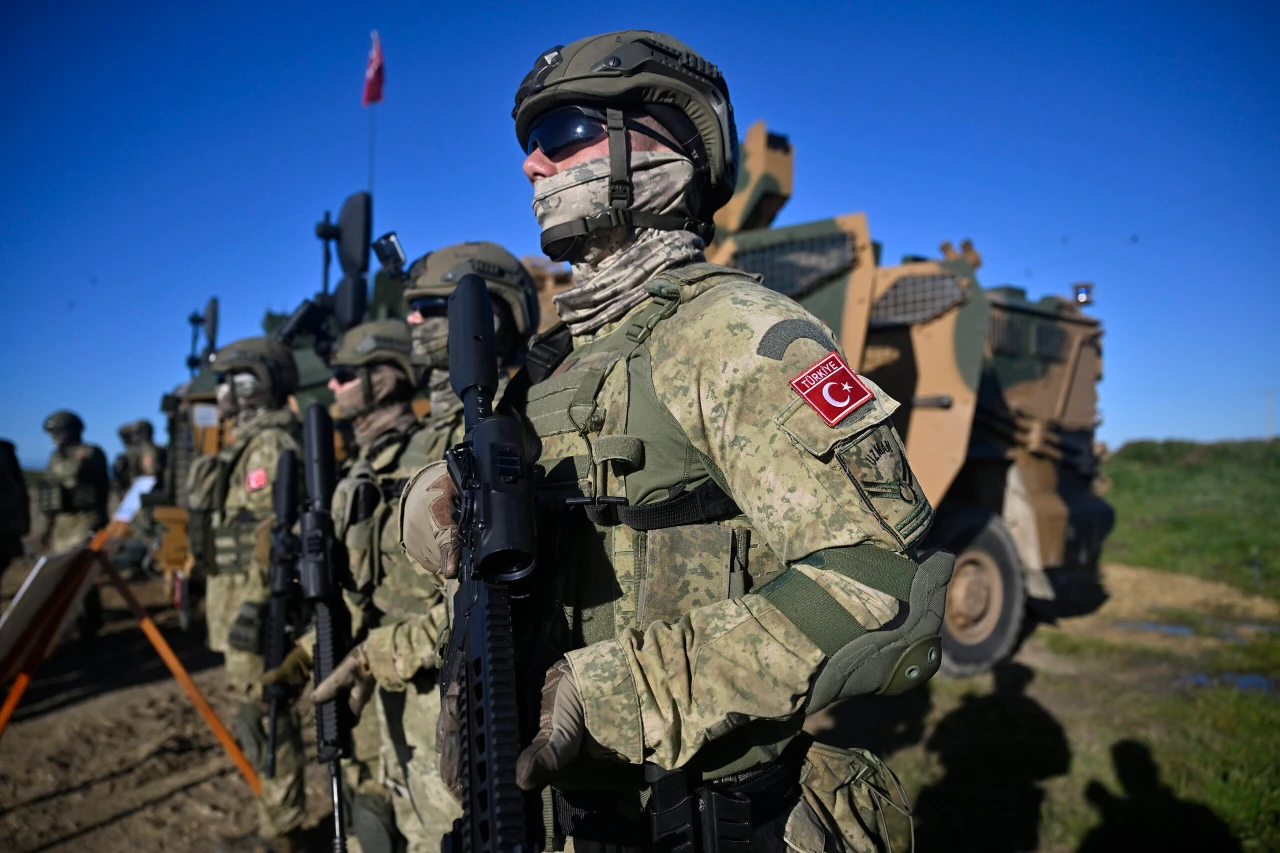Israel harvests Palestinian organs without consent

Israel’s practice of harvesting organs, including skin, from dead Palestinians and others without the consent of their families has once more come under scrutiny after a 2009 report came into the spotlight again
Israel’s practice of harvesting organs, including skin, from dead Palestinians and others without the consent of their families has once more come under scrutiny after a 2009 report came into the spotlight again.
Israel, boasting the world’s largest skin bank for treating burns and various medical conditions, has faced scrutiny over alleged organ harvesting practices involving deceased Palestinians. This controversy gained widespread attention after the release of a documentary in 2009, which shed light on the origins of the skin bank’s supplies.
It was disclosed that the majority of the skin in this bank did not belong to Israelis but rather to Palestinians, specifically from “unidentified bodies” and those who had not passed autopsy examinations. The alleged practice was reported by The Guardian back in 2009. During the same period, an article emerged in which the head of the forensic institute revealed that Israel had been harvesting organs from Palestinians without their consent. Reports from that time also hinted at cases of Palestinians being detained, only for their bodies to return with missing organs.

Return of body to its creator
The question arises as to why Israeli skin was not used in these medical procedures. The answer lies in religious beliefs shared by both Judaism and Islam, where it is essential for a body to return to its creator as a whole. This sensitive issue has ignited a debate regarding the ethics and practices surrounding the procurement of skin and organs in Israel.
The story came to light during an interview with Dr. Yehuda Hiss, the former head of the Abu Kabir Forensic Institute located near Tel Aviv. This interview took place in 2000 and was conducted by an American academic. The interview with Hiss was released by Nancy Scheper-Hughes, professor of anthropology at the University of California-Berkeley, who had conducted a study of Abu Kabir.
Channel 2 TV reported that in the 1990s, specialists at Abu Kabir harvested skin, corneas, heart valves, and bones from the bodies of Israeli soldiers, Israeli citizens, Palestinians, and foreign workers, often without permission from relatives.
The Israeli military confirmed in the program that the practice, in fact, did take place.
“This activity ended a decade ago and does not happen any longer,” the Israeli military added.
“We started to harvest corneas … whatever was done was highly informal. No permission was asked from the family,” Hiss emphasized.
Swedish newspaper Aftonbladet quoted Palestinians as saying young men from the West Bank and Gaza Strip had been seized by the Israeli forces and their bodies returned to their families with missing organs.
Hiss was dismissed from his position in 2004 following initial reports about organ harvesting. However, he remains employed at the forensic institute.
Complaints against the institute, where autopsies of dead bodies are performed, at the time of Hiss’ dismissal came from relatives of Palestinians. Angry Israeli officials called the report anti-Semitic.

Scheper-Hughes said that while Palestinians were “by a long shot” not the only ones affected by the practice in the 1990s, she felt the interview must be made public now.
“The symbolism, you know, of taking the skin of the population considered to be the enemy, (is) something, just in terms of its symbolic weight, that has to be reconsidered,” Scheper-Hughes noted.
Since Oct. 7, 2023, on the 30th day of the Israeli war against Palestine, the Ministry of Health in Gaza has reported that 2,200 people, including 1250 children, are missing.
What happened?
Hamas’ military wing, the Izz al-Din al-Qassam Brigades, announced that they launched a comprehensive attack against Israel called “Al-Aqsa Flood” on the morning of Oct. 7.
While thousands of rockets were fired from Gaza toward Israel, armed groups entered the settlements in the region. The Israeli army also launched an attack on the Gaza Strip with dozens of warplanes. The Palestinian Ministry of Health in Gaza announced that Israel killed 9,488 people, including 3,900 children, 2,509 women, and 397 elderly people. It injured at least 32,000 people in its attacks on Gaza.
It was reported that 1400 Israelis, including 324 soldiers, were killed and 5,132 Israelis were wounded in the attacks from Gaza.
The Israeli army hit Damascus and Aleppo airports. As the Middle East is once again turning into a bloodbath, a deadline has been set for nearly 2.5 million Palestinians to leave the blockaded Gaza.
In the occupied West Bank, 106 Palestinians were killed in attacks by Israeli forces and Jewish settlers. In Israel’s attacks on Gaza, 38 journalists were killed.
In the clashes between the Israeli army and Hezbollah on the Israel-Lebanon border since Oct. 8, 55 Hezbollah members and four civilians, one of whom was a journalist, were killed. Three Israeli soldiers and one Israeli civilian were killed in the attacks organized by Lebanon.
Most recently, Israel attacked the Jabalia Refugee Camp in Gaza, killing civilians.
Turkish President Recep Tayyip Erdogan said that he was breaking off all contact with Israeli Prime Minister Benjamin Netanyahu because of Israeli attacks on civilians in the Gaza Strip.
Source: Newsroom



